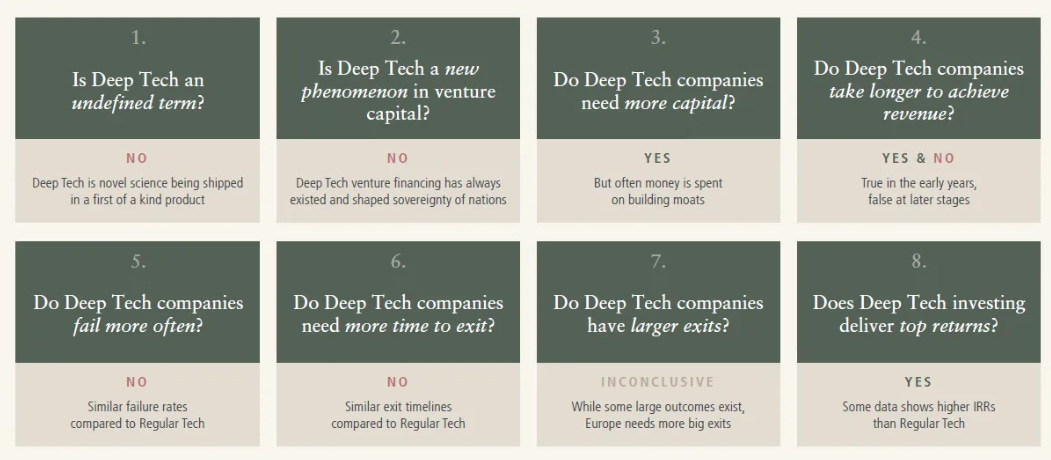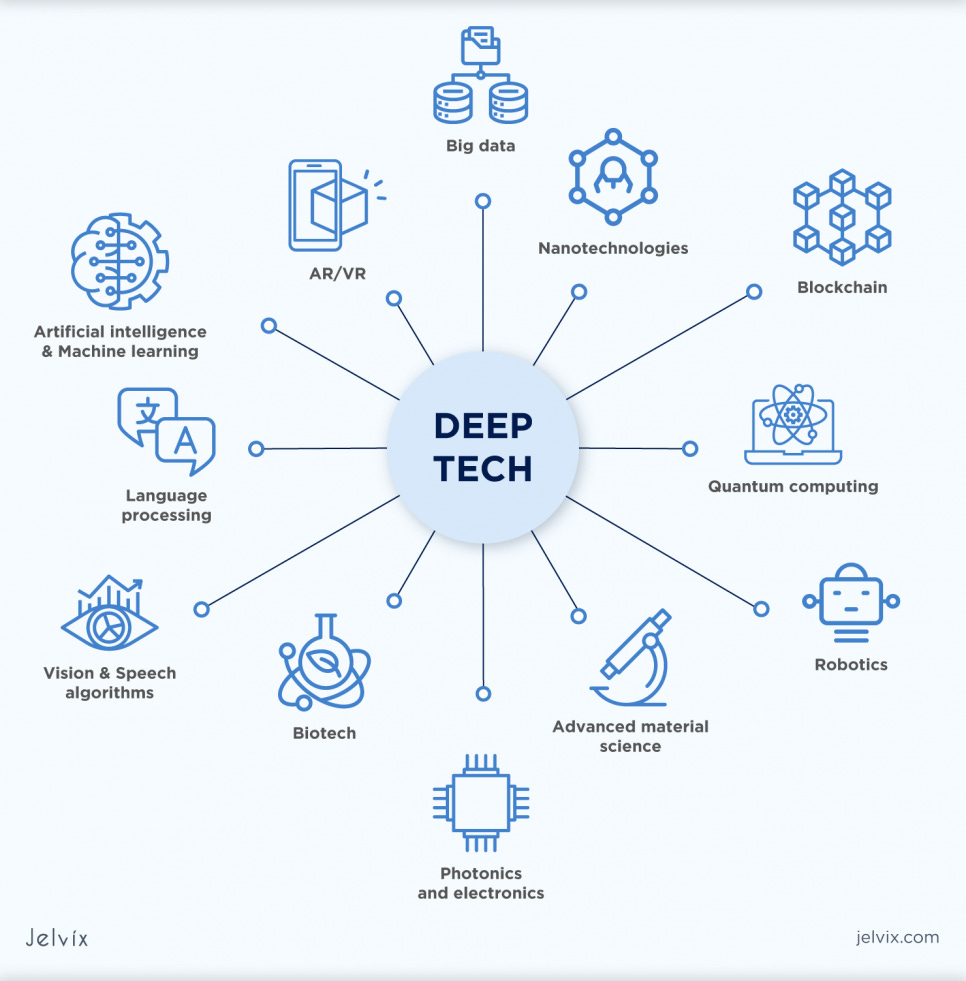The Deeptech Stack: Building the Next Foundations of Life
A systems lens on the breakthroughs rebuilding how we heal, grow, and survive. From AI and biology to energy and sovereignty.
This is a newsletter exploring how AI, climate change, and geopolitics are reshaping the foundational layers of human and planetary health.
We live in a time when biology is (re)programmable, nature is intervenable, and national borders are increasingly fluid. 1000bai examines this transformation through the lens of founders, funders, researchers, and thinkers who are rebuilding our deepest infrastructures: how we heal, grow, and survive.
Each edition will offer insight into what’s being rewritten and why it matters, with rounded analysis, provocative ideas, and curated signals from the frontier of living systems.
No noise. Just signal.
—Koshu (Okinawa) & Ander (Basque Country) of Lifetime Ventures.
The Problem
For decades, innovation chased convenience. Apps optimized dopamine, not durability. We’ve manufactured unicorns on ad clicks and instant delivery, while the infrastructure of life—food, water, energy, biology—cracked beneath us.
This shallowness is now colliding with systemic failure:
Our climate is destabilizing, pressuring food systems, displacing populations, and amplifying geopolitical instability.
Our health systems are reactive, built to manage disease, not optimize flourishing.
We are confronting crises not at the surface, but at the roots: how we survive, grow, and heal.
That calls for something more foundational: deeptech.
Deeptech (also called “toughtech”) is novel scientific or engineering breakthroughs making their way into the market for the first time. But deeptech isn’t a discovery nor static; every technology we have today was at one point called deeptech, giving us semiconductor, CRISPR, renewable energy platforms, and mRNA vaccines. In short, science that rewires how we live tomorrow, not just how we consume today.
But it's still widely misunderstood: not quite pharma, not quite hardware, and definitely not another 10-minute grocery app. That is why there are common (mis)conceptions about Deep Tech:
Why Now?
Three seismic shifts are forcing us to reprogram the foundational code of civilization:
AI as a Generative Amplifier
We now have tools that can simulate, predict, and design complex systems: from proteins to supply chains. While we are still far from mapping out the entire world, such advances in AI collapse the cost of experimentation and accelerate the pace of insight, unlocking new frontiers in materials, medicine, and biology.Climate as an Existential Forcing Function
Climate change is no longer a future threat, it’s a present catalyst. Whether we refuse to acknowledge it or not, changing climate, or rather deviations from the climate that humanity is used to, demands that we reimagine agriculture, mobility, and energy from first principles.Geopolitical Realignment + Strategic Autonomy
Nations and regions are reasserting control over critical infrastructure. Supply chains are being shored back to own territories or allies’. Semiconductors, biomanufacturing, and food security have become matters of national security. Deeptech is no longer a stand-alone innovation, it’s sovereignty.
The Future
Among all the categories in deeptech, we consider that the most vital edge lies in the technologies that directly impact human and planetary health. That’s where life gets rewritten, that’s where the frontier lives.
🧫 Synthetic biology for programmable organisms
🌱 AgriFoodtech and regenerative food systems
🔋 Energy storage and materials innovation
🧠 Neurotech and longevity
☁️ Carbon capture and environmental sensing
And we can confidently argue that AI is no longer just hype; it’s helping researchers model proteins, design materials, and simulate climate pathways faster than ever. Startups are harnessing this blend of intelligence and matter to push boundaries we barely imagined a decade ago:
AI + Health = precision medicine: Nutrix
AI + Climate = smarter adaptation and resilience: Greenleaf
AI + Hardware = autonomous experimentation: Sylcast
AI + AgriFood = Precision fermentation: Kinish
Rabbit Hole
📚 Read: The Genesis Machine (Amy Webb & Andrew Hessel), The Coming Wave (Mustafa Suleyman), The Extended Mind (Annie Murphy Paul).
🗞 Click: MIT Technology Review, University of Cambridge Research, Nature.
🎧 Listen: Bio Eats World (a16z), The Lunar Society (Dwarkesh Patel), The Founders Project (Inc. Magazine).
🎫 Attend: Hello Tomorrow (Paris), SynBioBeta (San Jose), Deep Tech Atelier (Riga).








